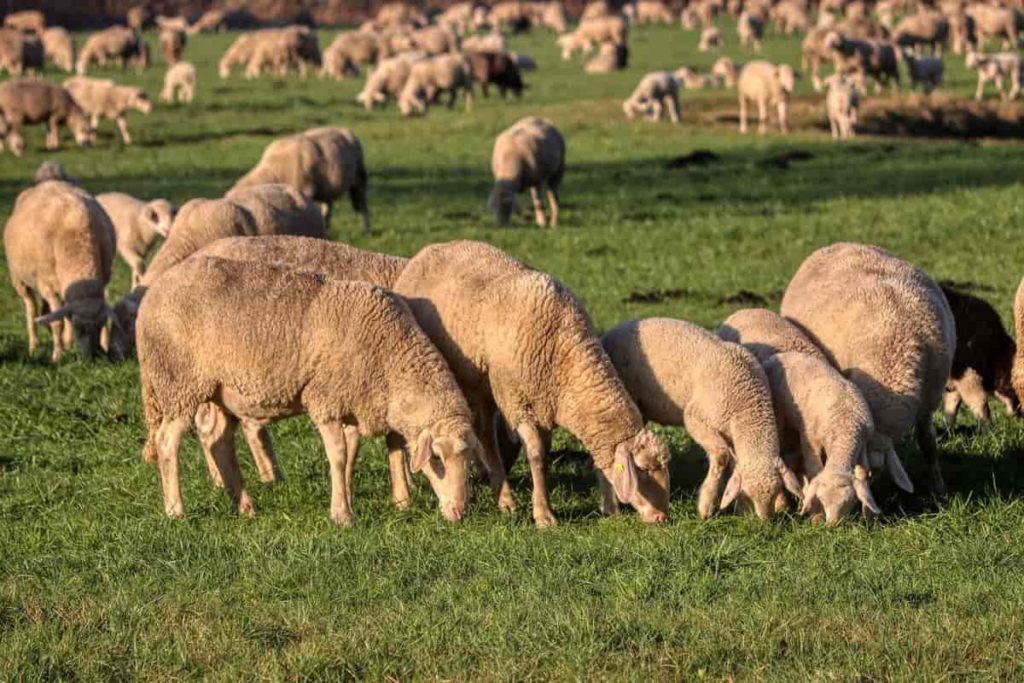In an increasingly complex and interconnected world, sustainable livestock management practices are essential for ensuring the health and well-being of animals, protecting natural resources, and promoting long-term agricultural viability. Sheep breeding plays a crucial role in sustainable livestock management, offering opportunities to improve flock productivity, enhance genetic diversity, and mitigate environmental impacts. In this article, we’ll explore the principles and practices of sheep breeding for sustainable agriculture and livestock production.
1. Genetic Conservation and Diversity:
Preserving genetic diversity within sheep populations is essential for maintaining healthy, resilient livestock populations capable of adapting to changing environmental conditions and emerging challenges. To promote genetic conservation and diversity:
- Identify and prioritize rare or endangered sheep breeds with unique genetic traits or cultural significance.
- Implement breeding programs that emphasize genetic diversity and minimize the risks of inbreeding or genetic bottlenecking.
- Collaborate with breed associations, conservation organizations, and research institutions to support efforts to conserve and protect rare sheep breeds and their genetic heritage.
2. Adaptation to Climate Change:
Climate change poses significant challenges for livestock producers, including increased temperatures, extreme weather events, and changing disease patterns. Sheep breeding can help mitigate the impacts of climate change by:
- Selecting for traits that enhance resilience and adaptability to heat stress, drought, and other climate-related stressors.
- Incorporating heat-tolerant breeds or genetic lines into breeding programs to improve thermal tolerance and reduce susceptibility to heat-related health issues.
- Utilizing breeding technologies and genomic tools to identify and select for genetic markers associated with climate resilience and adaptation.
3. Disease Resistance and Health Management:
Maintaining healthy sheep populations is essential for sustainable livestock management and agricultural productivity. Breeding for disease resistance and optimal health can help reduce reliance on antibiotics and chemical treatments while promoting animal welfare and environmental stewardship. Strategies for disease resistance and health management include:

